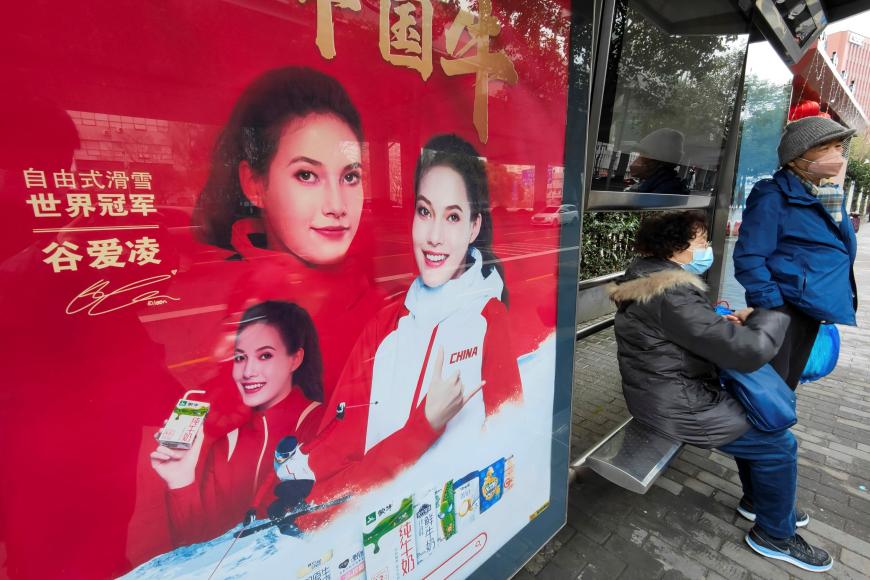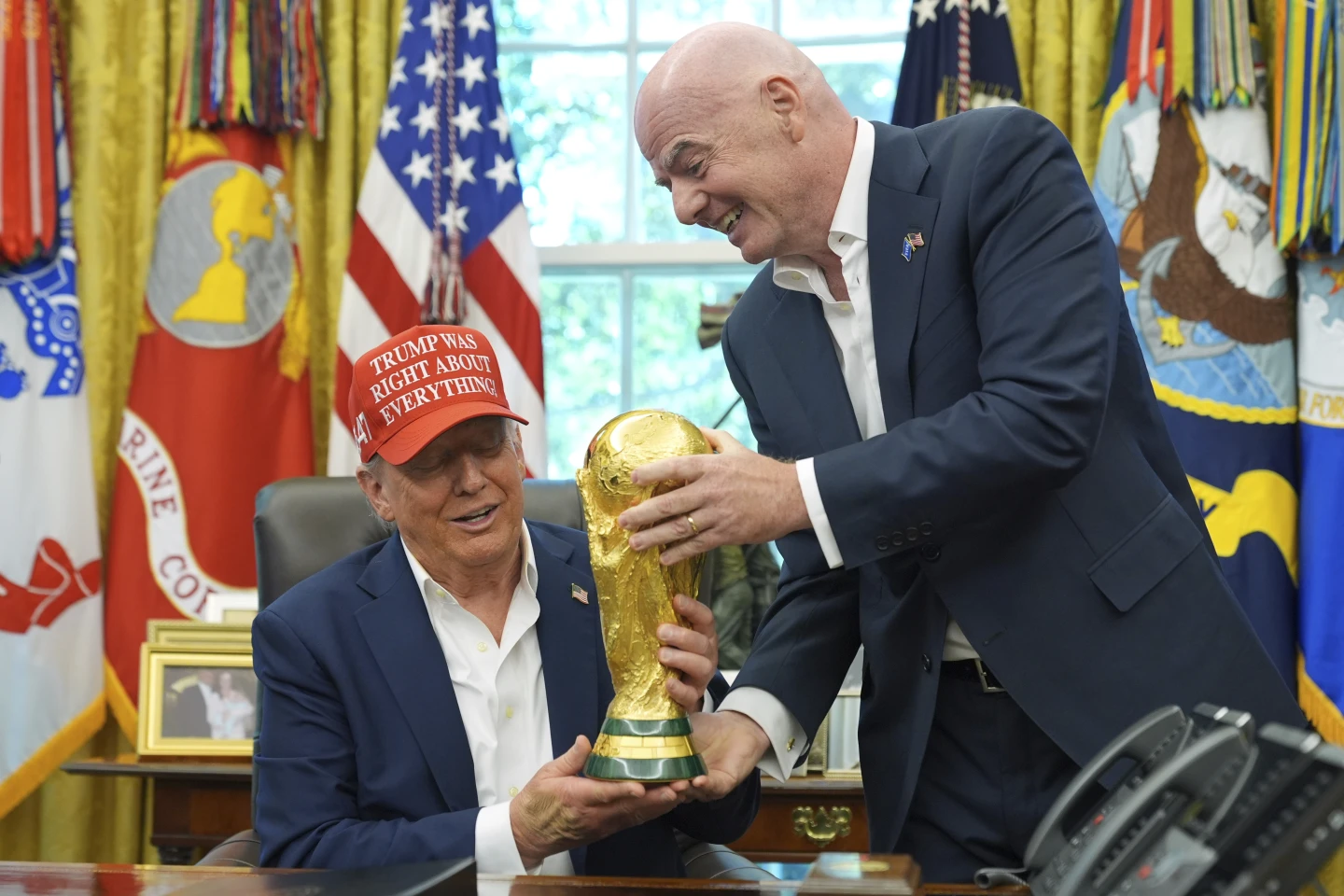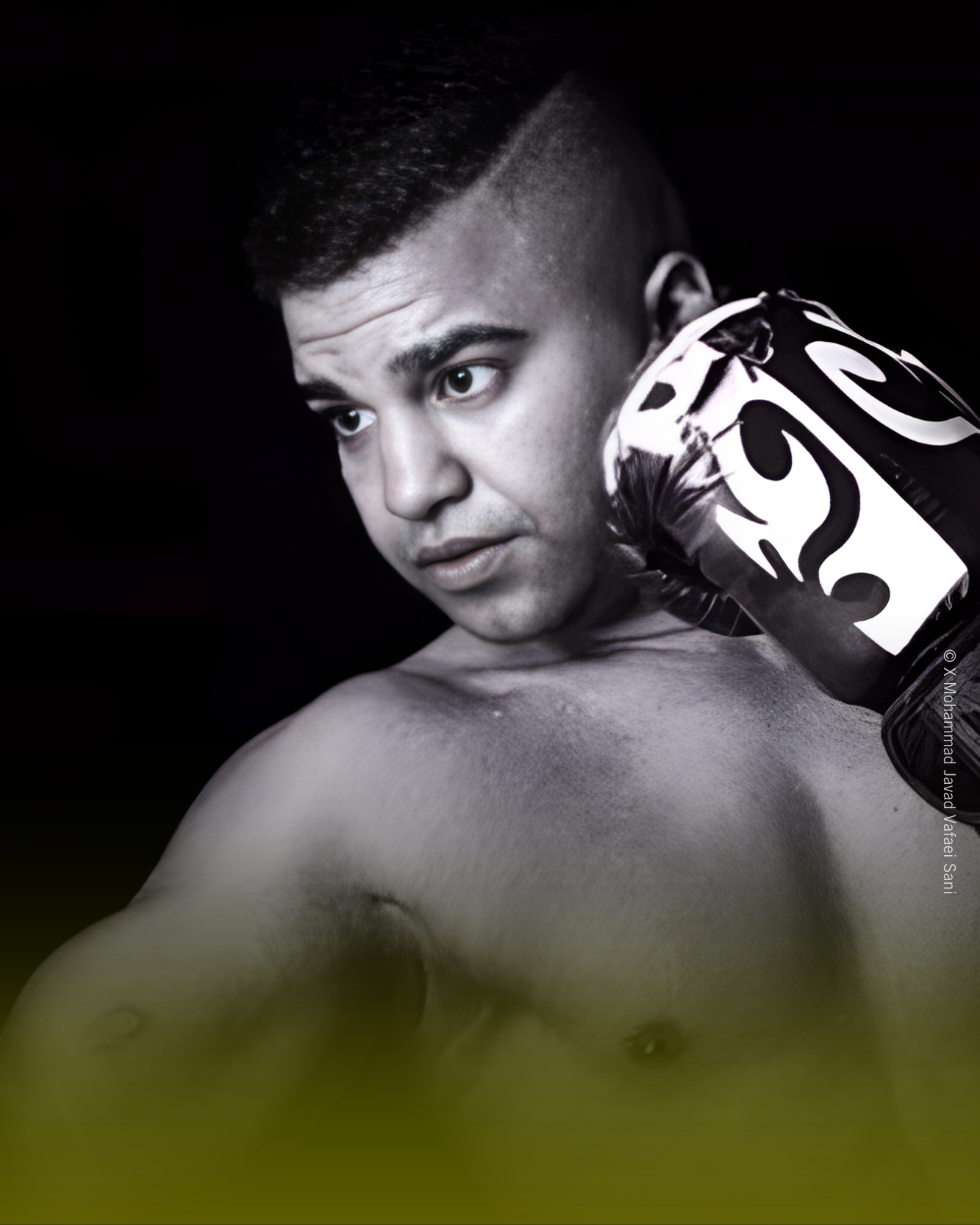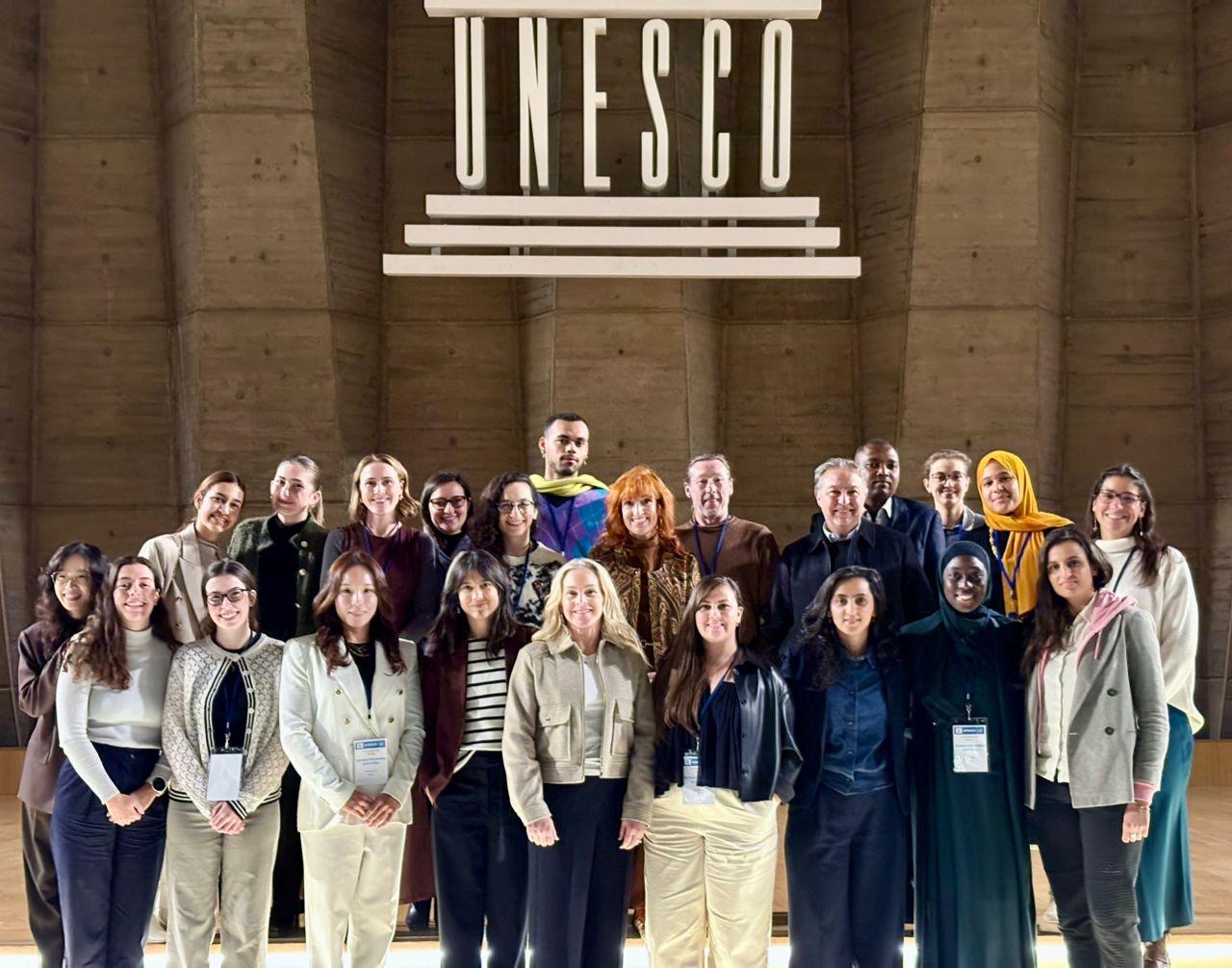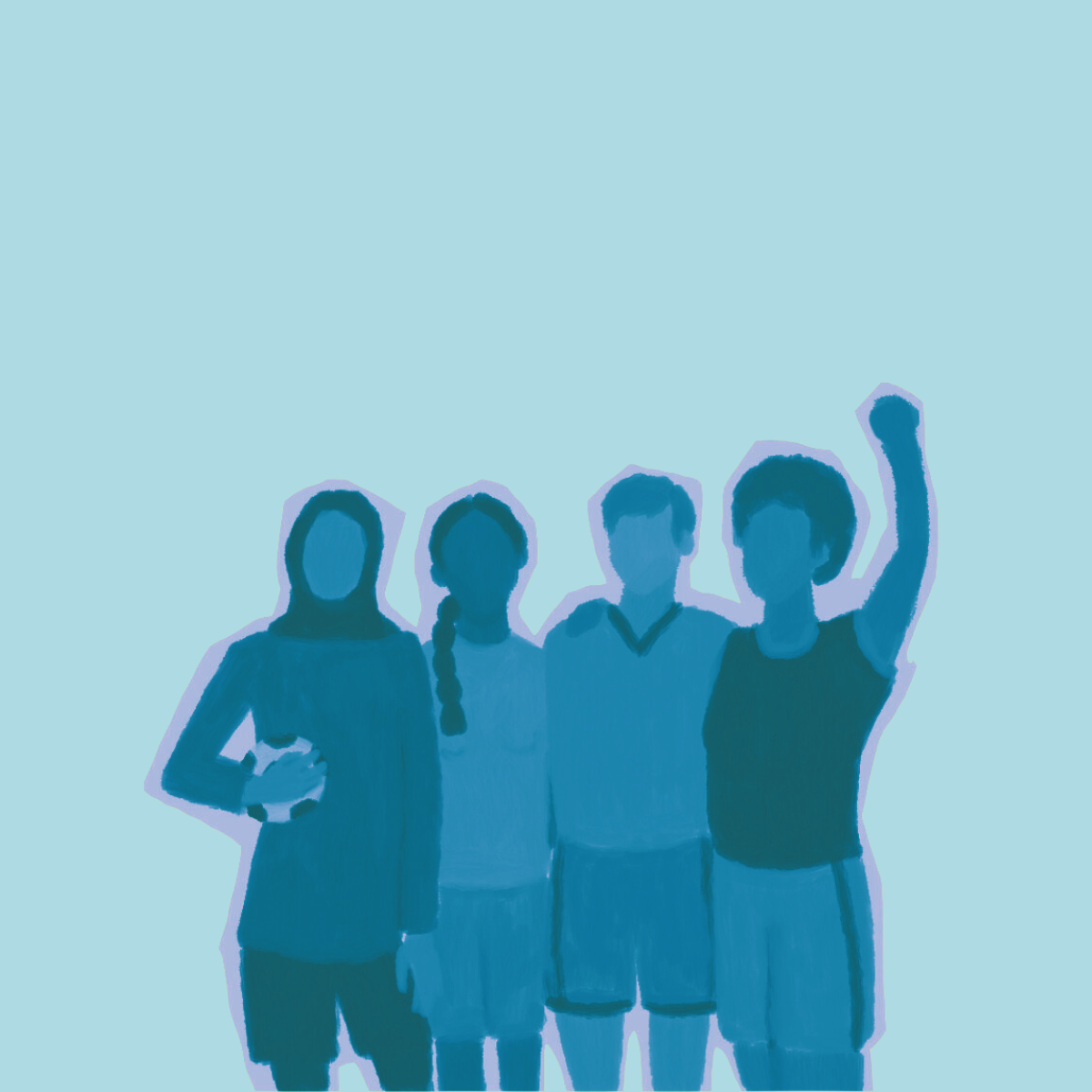There was something deeply discomfiting about the 2022 Beijing Olympics – and it wasn’t just that the festivities covered up severe human rights abuses, including crimes against humanity targeting Uyghurs in Xinjiang and the erasure of fundamental freedoms in Hong Kong. As I watched how female athletes have been perceived and how their narratives have been shaped by Chinese state and popular media, my skin crawled.
It crawled when the ethnic Uyghur skier Dinigeer Yilamujiang, who was chosen to light the cauldron of the Olympic flame, was described by state media as having a “smiling face and youthful figure.” That particular phrase seems innocuous, but set against the subjugation of Uyghurs, it takes on a different tone. On government websites and popular forums – which overwhelmingly reflect the view of China’s ethnic Han majority – Uyghur women and girls are being exoticized for their Central Asian heritage, effectively beheld and possessed by the Han male gaze.
It crawled when three-time Olympian and tennis star Peng Shuai, monitored by state minders, spoke to a French newspaper and refuted her own claims of being sexually assaulted by a powerful Chinese Communist Party official. Her accusatory social-media post back in November, 2021, appeared painful and authentic; months later, she retracted the claim while smiling at the camera wearing a track suit embossed with “China” in large characters across her chest. Pervasive censorship makes it hard to know the truth, but neither the International Olympic Committee nor its Chinese counterpart have talked about sexual assault or committed to safeguards against it.
It also crawled when I saw the way that Eileen Gu, a U.S.-born gold-medalist skier competing for China, has been received. In addition to her incredible sports achievements, Chinese media outlets have been captivated by her biracial appearance, describing her as “a mixed-race beauty,” while Chinese makeup videos have proliferated, instructing women on how to achieve her Caucasian features so as to bring “a feeling of higher class.” Meanwhile, there is a widespread sense among Chinese netizens that Ms. Gu’s decision to compete for China was a triumph of their country over the United States. This reflects a nationalistic brand of racism that, while idolizing Caucasians, also seeks paradoxically to belittle them.
None of this should be surprising: The way the Olympics are set up, athletes and their achievements are meant to reflect their nation’s greatness. And yet, there is something uniquely gendered in the way these female athletes have been perceived in China. Their bodies and loyalty are not theirs alone, but openly judged as reflections on the honour of the entire Han Chinese race. If, as Virginia Woolf wrote in 1929, women are “looking-glasses possessing the magic and delicious power of reflecting the figure of man at twice its natural size,” then women of mixed or other races serve up even more magic in China, allowing others to project onto them the greatness of the Chinese nation several times its natural size.
But many have refused to lose sight of the day-to-day plight of women in China. When a mother of eight was recently found chained at her neck in a shed in Jiangsu province, with little clothing to keep her warm during the frigid winter, her husband claimed that this was to “prevent her from injuring others when she’s [mentally] ill”; an outraged public pressed authorities for a real investigation into what happened. And just a few weeks ago, a county in Jiangxi province sparked significant online backlash for encouraging “leftover women” – single women older than 26 – to marry unemployed men to help boost the country’s falling birth rates. But the crisis that women were being asked to fix was itself the result of decades of brutal and painful government policies, which had already caused women to suffer through forced sterilization, forced insertion of intrauterine devices and forced abortions.
Indeed, many women in China have worked toward empowerment. For a while, feminists across the country staged savvy protests against the country’s chronic problems of domestic violence and sexual harassment. But after President Xi Jinping came to power in 2013 and crushed the country’s budding civil society – arresting feminists and promoting a kind of Han-centric nationalism predicated on a sense of “machismo” that is now filtering into the country’s education policies – the feminist movement struggles to get heard.
One might not be able to genuinely cheer on the achievements of Ms. Dinigeer, Ms. Peng, and Ms. Gu without feeling cynical about how they are being used by the Chinese government. But there remain many people in China who are striving for equality and justice – which surely should be considered the world’s ultimate endurance sport.
